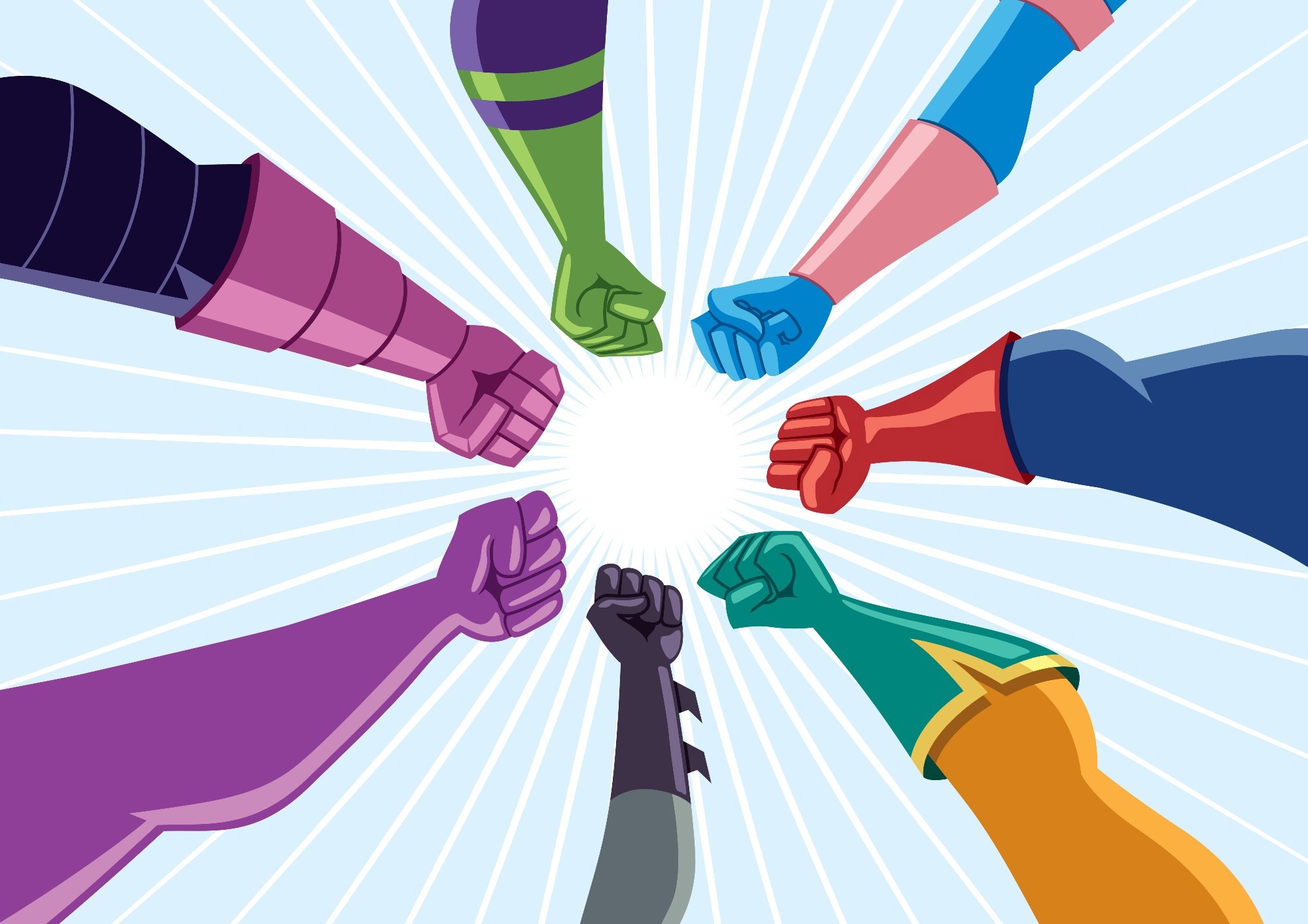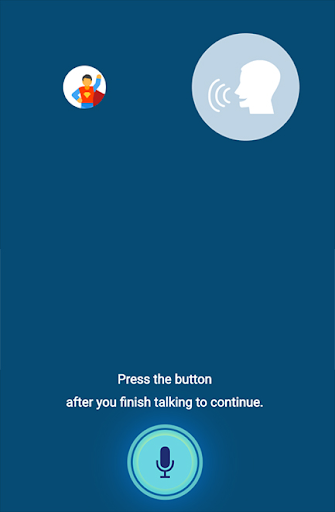At first, some parents were wary: An audio chatbot was supposed to teach their kids to speak positively to themselves through lessons about a superhero named Zip. In a world of Siri and Alexa, many people are skeptical that the makers of such technologies are putting children's welfare first.
 Study: Self-Talk with Superhero Zip: Supporting Children’s Socioemotional Learning with Conversational Agents. Image Credit: Malchev / Shutterstock
Study: Self-Talk with Superhero Zip: Supporting Children’s Socioemotional Learning with Conversational Agents. Image Credit: Malchev / Shutterstock
Researchers at the University of Washington created a new web app aimed to help children develop skills like self-awareness and emotional management. In Self-Talk with Superhero Zip, a chatbot guided pairs of siblings through lessons. The UW team found that, after speaking with the app for a week, most children could explain the concept of supportive self-talk (the things people say to themselves either audibly or mentally) and apply it in their daily lives. And kids who'd engaged in negative self-talk before the study were able to turn that habit positive.
The UW team published its findings in June at the 2023 Interaction Design and Children conference. The app is still a prototype and is not yet publicly available.
The UW team saw a few reasons to develop an educational chatbot. Positive self-talk has shown a range of benefits for kids, from improved sports performance to increased self-esteem and lower risk of depression. And previous studies have shown children can learn various tasks and abilities from chatbots. Yet little research explores how chatbots can help kids effectively acquire socioemotional skills.
"There is room to design child-centric experiences with a chatbot that provide fun and educational practice opportunities without invasive data harvesting that compromises children's privacy," said senior author Alexis Hiniker, an associate professor at the UW Information School. "Over the last few decades, television programs like 'Sesame Street,' 'Mister Rogers,' and 'Daniel Tiger's Neighborhood' have shown that it is possible for TV to help kids cultivate socioemotional skills. We asked: Can we make a space where kids can practice these skills in an interactive app? We wanted to create something useful and fun -; a 'Sesame Street' experience for a smart speaker."
The UW researchers began with two prototype ideas with the goal to teach socioemotional skills broadly. After testing, they narrowed the scope, focusing on a superhero named Zip and the aim of teaching supportive self-talk. They decided to test the app on siblings since research shows that children are more engaged when they use technology with another person.
Ten pairs of Seattle-area siblings participated in the study. For a week, they opened the app and met an interactive narrator who told them stories about Zip and asked them to reflect on Zip's encounters with other characters, including a supervillain. During and after the study, kids described applying positive self-talk; several mentioned using it when they were upset or angry.
By the end of the study, all five kids who said they used negative self-talk before had replaced it with positive self-talk. Having the children work with their siblings supported learning in some cases, but some parents found the kids struggling to take turns while using the app.
The length of these effects isn't clear, researchers note. The study just spanned one week, and the tendency for survey participants to respond in ways that make them look good could lead kids to speak positively about the app's effects. Future research may include longer studies in more natural settings.
"Our goal is to make the app accessible to a wider audience in the future," said lead author Chris (Yue) Fu, a UW doctoral student in the iSchool. "We're exploring the integration of large language models -; the systems that power tech like ChatGPT -; into our prototype and we plan to work with content creators to adapt existing socioemotional learning materials into our system. The hope is that these will facilitate more prolonged and effective interventions."
Other authors are Mingrui Zhang, a research scientist at Meta Reality Labs who graduated from the UW iSchool; Lynn K Nguyen, a UW research assistant in the iSchool; Yifan Lin, a UW masters student and UW doctoral student Rebecca Michelson, both in the human-centered design and engineering department; and Tala June Tayebi, a masters student at the University of Southern California who did undergraduate work at the UW iSchool. This research was funded by the Jacobs Foundation and the Canadian Institute for Advanced Researchers.
Source:
Journal reference: